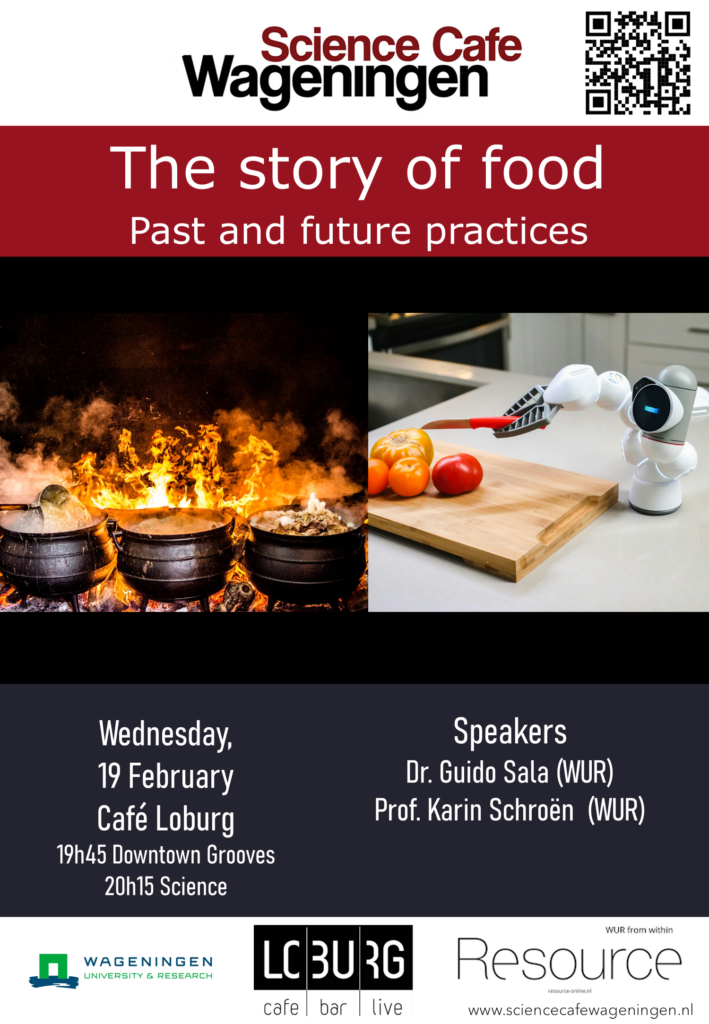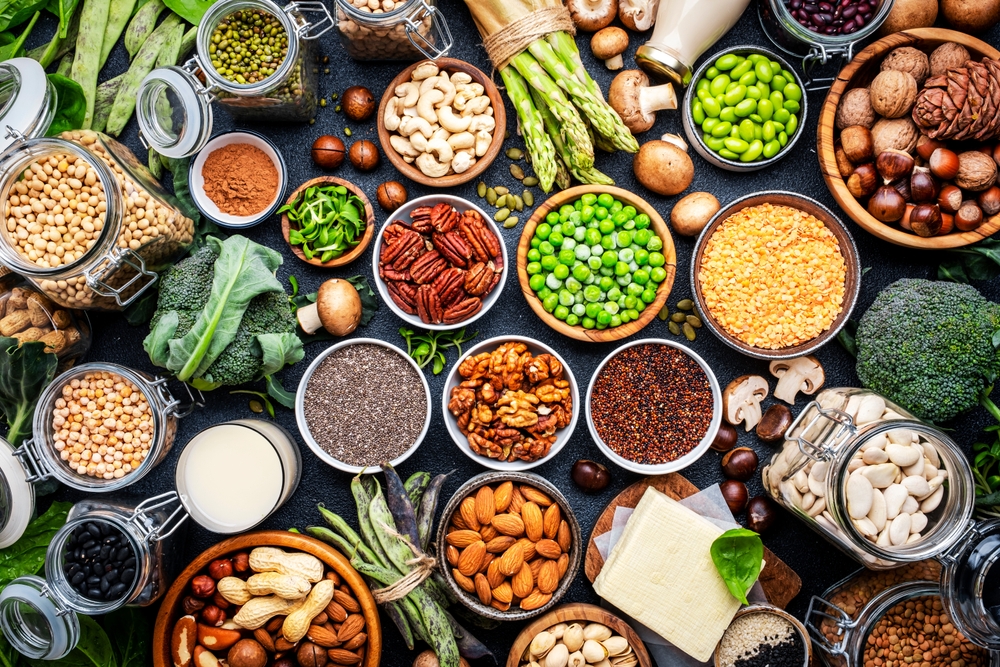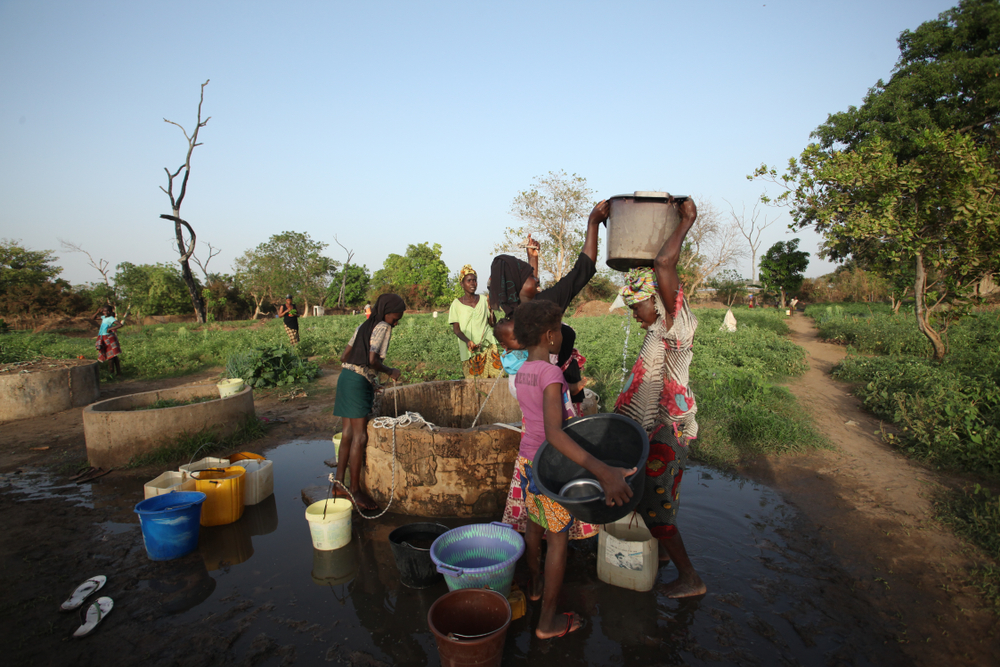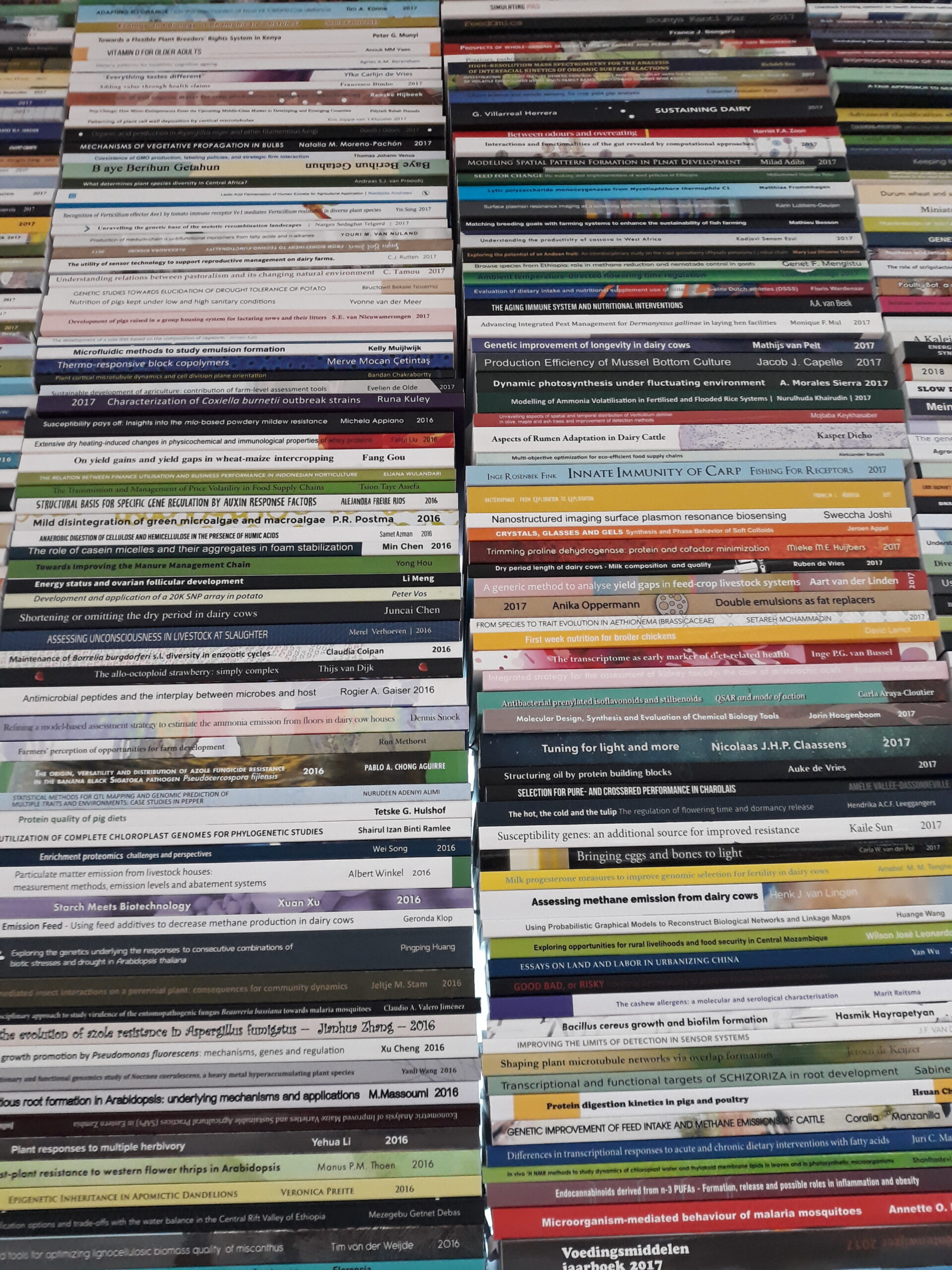The issue of ensuring a sustainable food future for both humans and the planet is much like doing a puzzle without a picture to guide you. Professor Karin Schroën (Food Process Engineering) tries to complete that puzzle during this Wednesday’s Science Café.
You will not have a definitive answer at the end of the evening, Schroën cautions. ‘I will share many arguments, aim to get the audience thinking and will discuss with them. But also with the other speaker and, in a sense, with myself because some arguments are contradictory.’ Schroën shares the stage with WUR teacher Guido Sala (Physics and Physical Chemistry of Food). He spent his free time in the past few years doing a PhD study on the dietary history of the Romans and obtained a PhD for the second time in his career last year. ‘The idea that we can save our planet by switching to a plant-based diet is a fallacy‘, Sala wrote in the twelfth and final proposition of his thesis defense.
One on one
Schroën: ‘I sometimes hear people say that you can simply replace animal proteins with plant-based proteins when preparing food. That is not true. These proteins function differently. A substance may dissolve differently or not at all, which would lead to an entirely different final product if the same recipe is followed.’
If we want to create a genuine impact, we must look beyond just plant-based protein
Professor Karin Schroën, Food Process Engineering
‘Moreover, the amino acid composition of plant-based proteins differs from that of animal proteins. The composition of animal proteins is a better match for the human body’s need for building blocks. Colleagues at the Human Nutrition and Health department study the effect of plant and animal proteins on our health. Some age groups or target groups may benefit more from a diet containing plant or animal proteins due to changes in their bodies related to age or health.’
Cellular agriculture
For the planet, the story is a different one. ‘The impact of producing plant proteins is considerably less because they require less energy and water. But if we want to create a genuine impact, we must look beyond just plant-based protein’, Schroën says. ‘I envision a future for the cellular agriculture technology, where animal proteins are produced without the use of animals. In vitro meat and fish, and animal-free dairy, for example. These production processes require much less water to create an end product with animal proteins because we do sometimes need them.’
But even that is not enough, Schroën argues. All the pros and cons make the puzzle for a sustainable food future a challenging one. ‘The question is what point of departure you choose: human health, the impact production has on the planet, or what impact we can afford. And, what will consumers accept as a new food source?’

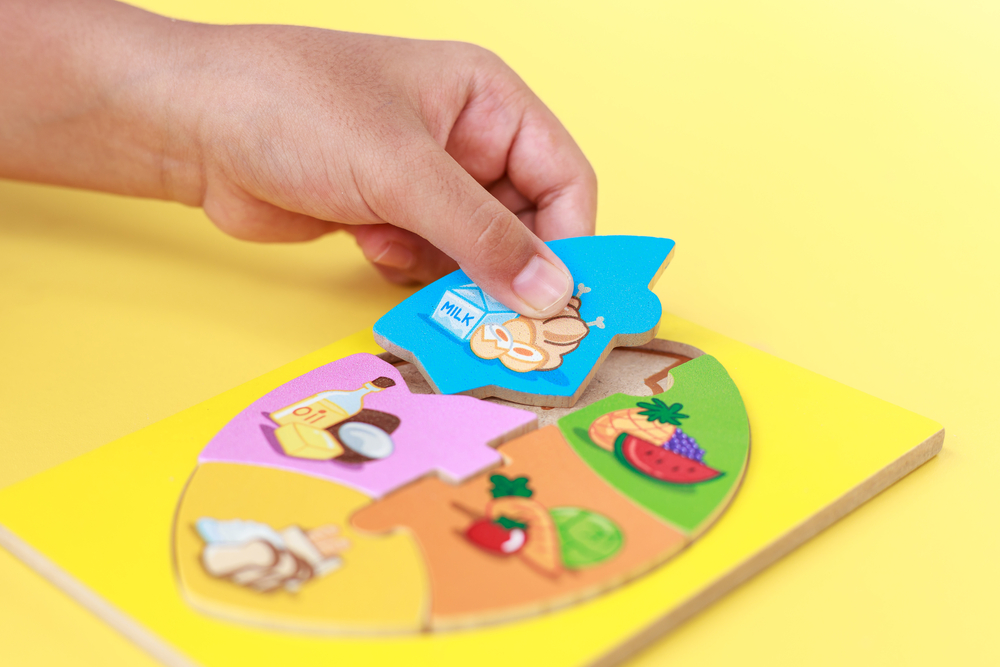 Photo Shutterstock
Photo Shutterstock 